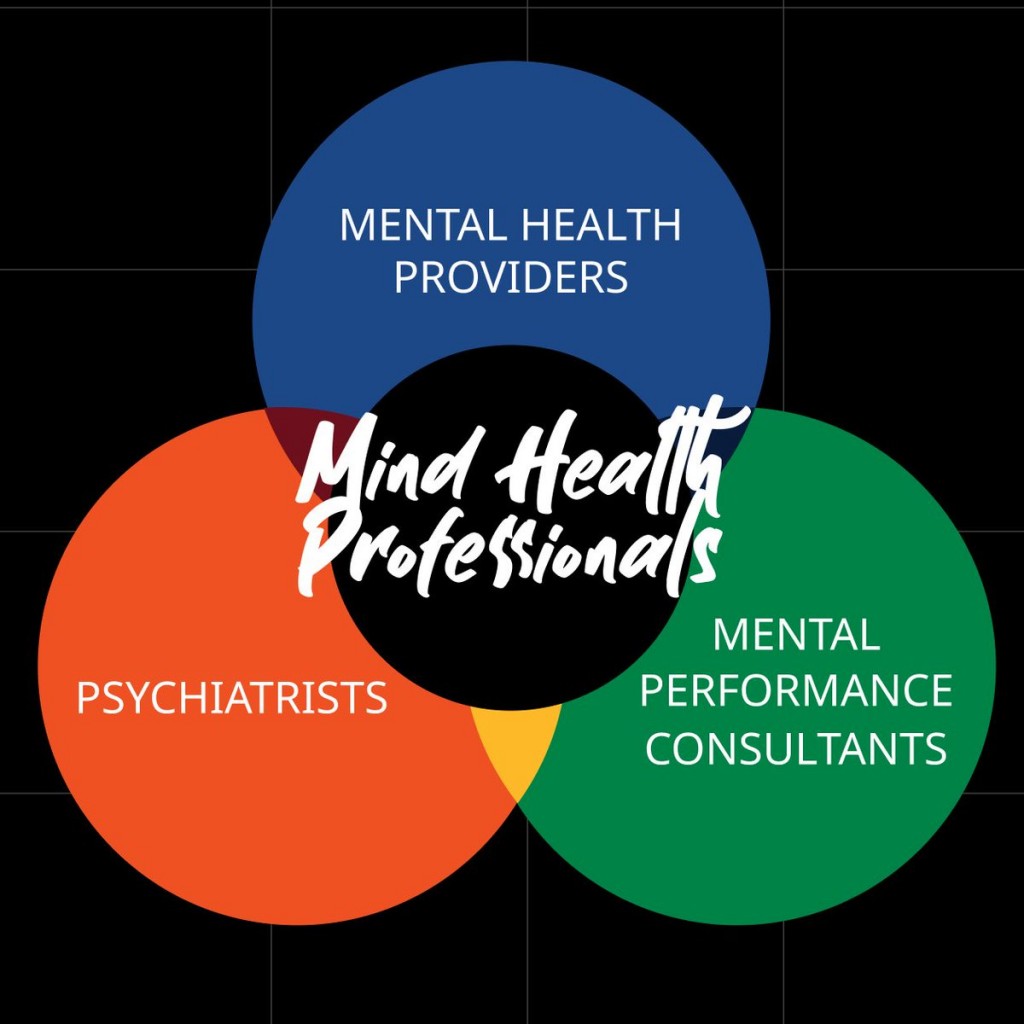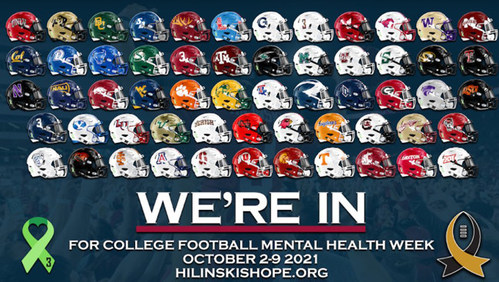Göran Kenttä, Kristen Dieffenbach, Marte Bentzen, Melissa Thompson, Jean Côté, Cliff Mallett, and Peter Olusoga (2024) Position Paper: Rationale for a Focused Attention on Mental Health of High-Performance Sports Coaches. International Sport Coaching Journal.
The coach’s role, particularly in HP sport, can be extremely demanding, challenging, and stressful. Research has consistently highlighted the multiple, varied, overlapping demands placed on coaches in HP sport, emanating from both the highly charged nature of the performance environment itself and from the culture of HP sport that emphasizes emotional control and resilience at the expense of vulnerability and help-seeking. Research has also clearly highlighted the deleterious impacts of these demands on coach well-being and mental health outcomes, and on the sustainability of coaching as a career.
Coach-level interventions alone can no longer be thought of as a sufficient fix for tackling the complex issue of coach well-being and ill-being. Not only do such interventions, usually aimed at improving stress management, teaching mindfulness, or developing specific psychological “skills,” fail to address the systemic, organizational-level factors that underpin poor mental health and ill-being in coaching, we contend that they can exacerbate the problem, by inadvertently blaming the coach for their own lack of self-care ability.
While coach self-care is still an important part of the well-being picture, the responsibility for coach well-being should be shared. Thus, we argue for more systemic, organizational-level approaches to enhancing and maintaining coach mental health and well-being. We emphasize the need for organizational-level interventions to reduce the stigma associated with poor mental health, for coach education to acknowledge the demands of job insecurity, career transitions, and minority stress, and for tangible mental health support in the form of screening and access to appropriate support. Moreover, while we highlight coach education in these areas as crucial, we also emphasize the education of coach educators, coach developers, and other key stakeholders so that they might be better placed to support the coaches for whom they have a duty of care.
We suggest that research is also needed to explore and evaluate organizational-level interventions aimed at improving coach well-being and that funding should be directed toward such research. Studies exploring specific populations such as coaches from minoritized groups or more cross-cultural research might also tease out the nuances of different performance environments and their impacts on coaches mental health and well-being, ultimately leading to a broader understanding and the provision of more bespoke intervention strategies.
This paper serves as a concise summary, not only of the intense nature of HP sport but also of the resultant mental health implications for sport coaches. However, it is imperative to venture beyond individual/coach-level mental health and well-being provision, and the comprehensive set of evidence-based recommendations for systems/organizational-level change provided here is intended to enhance the sustainability of coaching as a profession.







